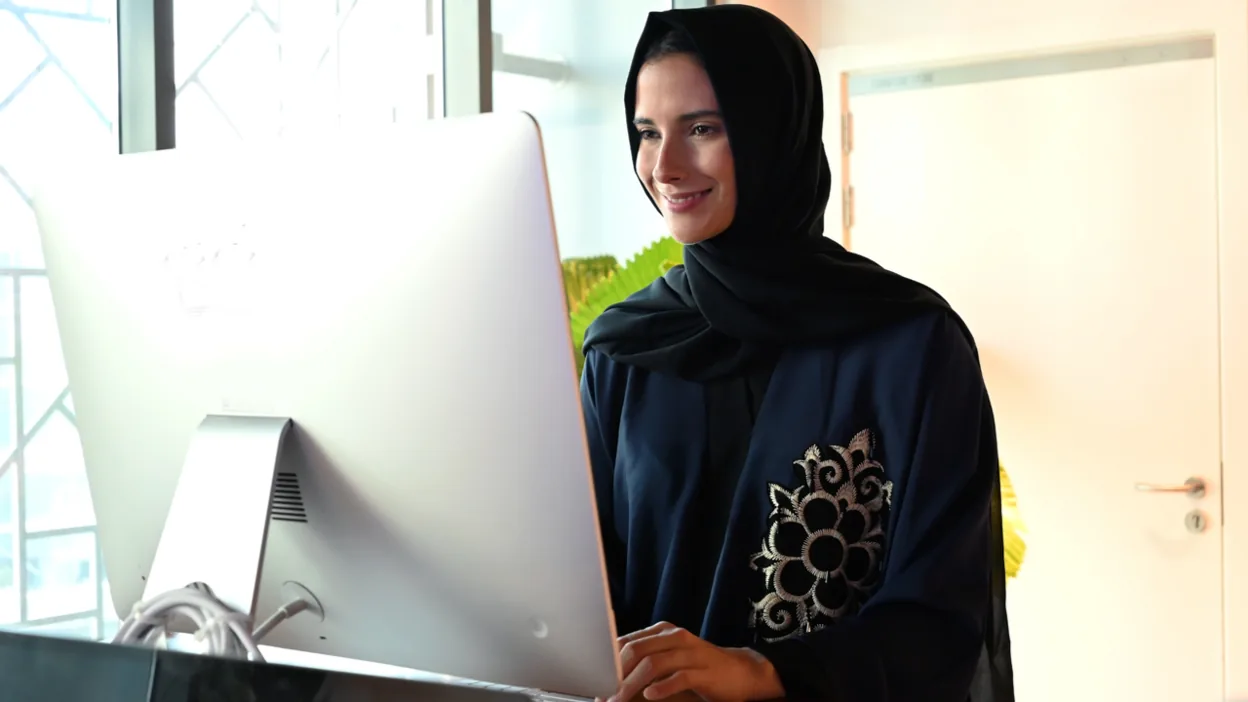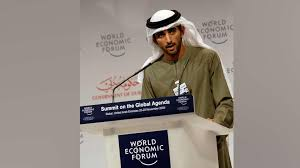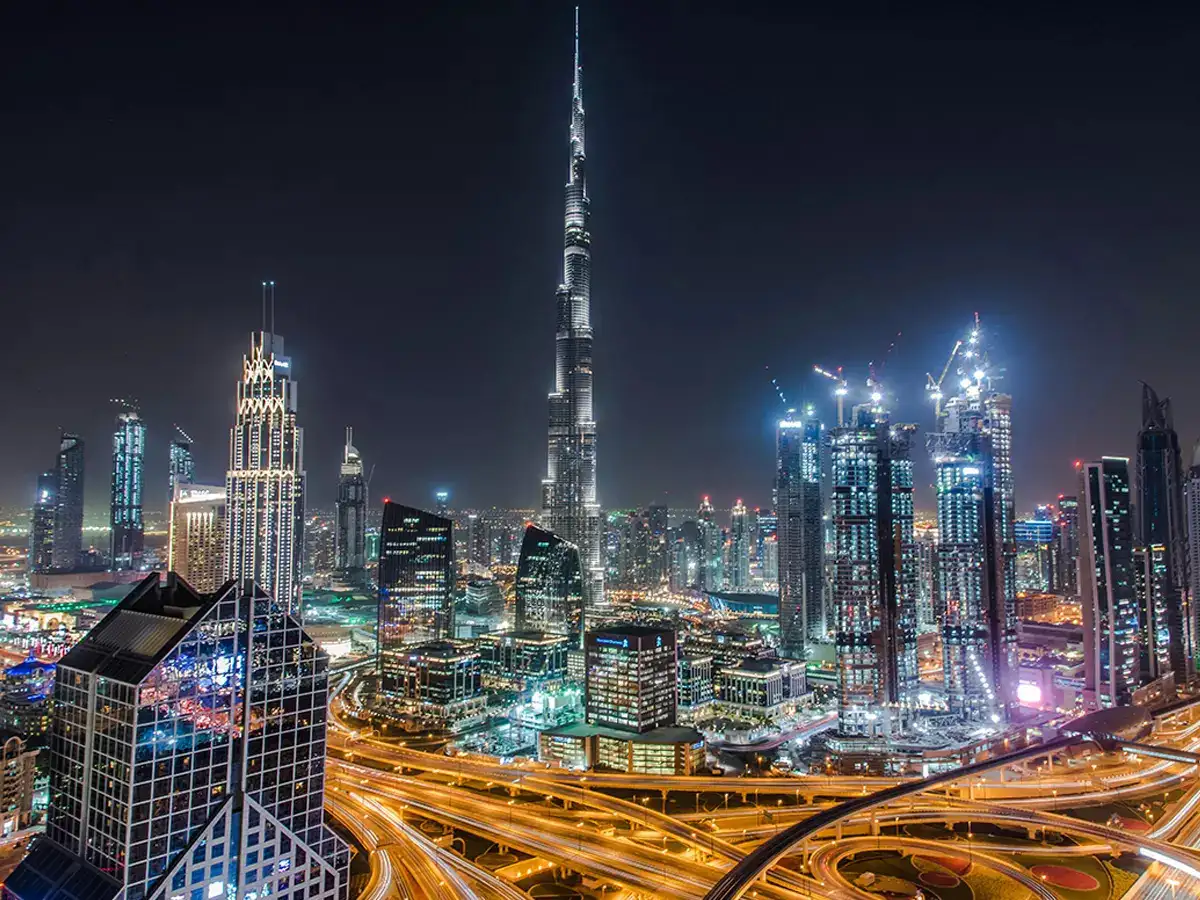Now Reading: Dubai Goes 100% Paperless: Is This The Future of Governance?
-
01
Dubai Goes 100% Paperless: Is This The Future of Governance?
Dubai Goes 100% Paperless: Is This The Future of Governance?

Table of Contents
Dubai, the shining star of the United Arab Emirates, is again making global headlines. This time, it’s not for its record-breaking skyscrapers or luxurious lifestyle but for a bold and forward-thinking move — becoming the world’s first 100% paperless government. This digital revolution is not just a local milestone; it marks an important step for global governments looking to embrace sustainability and technology.
Dubai’s paperless government initiative reflects the city’s vision to create a smart, efficient, and eco-friendly environment for its citizens and businesses. But how did this transformation happen, and what does it mean for the future of governance? Let’s find out.
A Giant Leap Towards the Digital Future

In December 2021, Dubai officially announced that all its government entities had completely stopped using paper. This achievement comes as part of the “Dubai Paperless Strategy,” launched in 2018 by His Highness Sheikh Hamdan bin Mohammed bin Rashid Al Maktoum, Crown Prince of Dubai. The aim was to digitize all internal and external government transactions within five years.
True to its promise, Dubai eliminated more than 1 billion paper documents, saving over AED 1.3 billion (approx. USD 350 million) in costs and 14 million man-hours across government departments.
The paperless transformation affects 45 government entities including Dubai Police, Dubai Electricity and Water Authority (DEWA), Roads and Transport Authority (RTA), and Dubai Municipality. Every official document, signature, and transaction is now conducted digitally through secure online platforms and mobile applications.
Why Did Dubai Go Paperless?

The move towards a paperless government is part of Dubai’s broader Smart City initiative, which focuses on making Dubai the happiest, most innovative city in the world.
Key Reasons for Going Paperless:
- Environmental Sustainability
Reducing paper usage protects forests, decreases carbon footprints, and saves energy. Dubai’s paperless strategy has already saved thousands of trees and reduced waste generation. - Efficiency and Speed
Digital transactions are much faster, safer, and more efficient than manual paperwork. This speeds up government services and reduces human errors. - Cost Savings
Billions of dirhams saved from printing, paper, and storage costs can now be invested in technology, education, and other development projects. - Global Leadership in Innovation
Dubai wants to lead the world in innovation and digital governance, setting an example for other nations.
How the Paperless System Works
Dubai has created several digital platforms to make this paperless dream a reality:
- DubaiNow App:
A one-stop platform offering over 130 government services from 30+ government and private sector entities. Residents can renew their car registration, pay utility bills, apply for visas, and much more — all through their mobile phones. - Blockchain Technology:
Dubai aims to use blockchain to process 100% of applicable government transactions in the near future. Blockchain provides secure, transparent, and tamper-proof records without paper documentation. - AI & Smart Systems:
AI-driven chatbots, automated customer service tools, and smart document processing systems have replaced manual paperwork processes.
Achievements and Global Recognition
Dubai’s 100% paperless government model has attracted global attention. It is the first city in the world to reach this milestone, inspiring other governments to adopt similar eco-friendly practices.
Some remarkable achievements include:
- 1.3 Billion Paper Sheets Saved
- 14 Million Work Hours Saved
- More than 350 Million Dirhams Saved Annually
Additionally, international bodies like the World Economic Forum (WEF) and the United Nations have praised Dubai’s paperless efforts as a model for smart, sustainable urban governance.
Benefits for Citizens and Businesses
For Dubai’s residents and companies, this paperless government means:
- Less Waiting Time:
Services are now faster, thanks to instant digital approvals. - 24/7 Availability:
Services can be accessed anytime, anywhere via mobile apps or websites. - Convenience and Transparency:
All government transactions are traceable and secure, reducing corruption and fraud. - Environmental Satisfaction:
Citizens are now part of an eco-friendly movement that supports sustainability.
Challenges and Solutions
Of course, moving an entire government system online comes with its own challenges:
- Cybersecurity Risks:
Dubai has heavily invested in cybersecurity infrastructure to protect citizens’ data from breaches. - Digital Literacy:
Free training and awareness programs are available for residents unfamiliar with digital services. - Access for All:
Public service centers remain open for elderly and differently-abled people who need assistance.
What’s Next for Dubai?
Dubai’s paperless government is not the end — it’s the beginning of a smarter future. The city plans to integrate Artificial Intelligence (AI), Internet of Things (IoT), and 5G technology into daily governance. By 2030, Dubai aims to become the most advanced digital city in the world.
Other UAE cities like Abu Dhabi and Sharjah are also studying Dubai’s model to adopt paperless services. This success may inspire other countries to fast-track their digital transformations.
Conclusion
Dubai’s paperless government is a bold step towards a cleaner, greener, and smarter future. It proves that with strong leadership, innovation, and public participation, cities worldwide can reduce waste, save money, and improve lives.
As the world watches Dubai’s progress, one thing is clear — the age of paperless governance is no longer a dream but a reality.
Read More:- Deyaar’s Latest Announcement Shakes Up the UAE Property Market





















